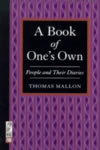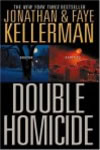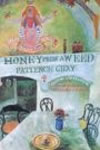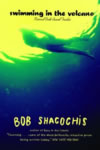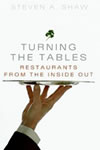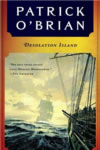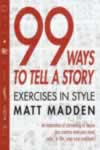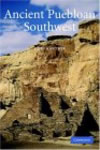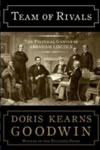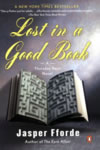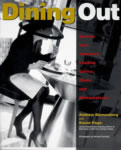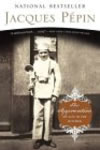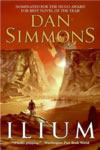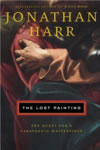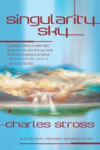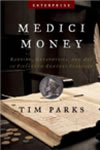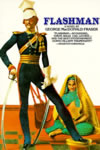An interesting experiment gone wrong, this slender volume sets out to explore the Medici Bank as a business case study. Parks adopts a brisk, informally modern style; most of the book is written in present tense, and there's a good deal of ironic commentary. This keeps the book moving, but sometimes tends to confound the author's voice with the subject's.
The advantage of writing history in the present tense is, I suppose, flexibility in verb tenses. Perhaps avoiding the past perfect might appeal to the marketing department. The cost, though, is that there's no longer any way for the historian to describe how we know what happened, or what we don't quite know, or where the uncertainties and controversies lie. Everything is happening right now.
Much of Parks' attention focuses, naturally, on the personalities of the Medici leaders, especially Cosimo and Lorenzo. Their employees appear, chiefly, only when they become rivals; their competitors appear chiefly when they are about to be attacked or assassinated. This is, perhaps, a case study where a degree of CEO porn might be justified; the characters of the Medici leaders did matter, and their personal inclinations -- especially Lorenzo's taste in literature and painting -- had lasting consequences. But business is business, and if Lorenzo The Magnificent wasn't very interested in banking, neither is this volume.
In a book about early international banking, published as a business book, we never see a balance sheet or an income statement. Did the Medici have them? We don't know. We read a little about the underlying problem of early European banking: since usury was forbidden by the church, banks couldn't offer interest-bearing accounts or conventional mortgages and instead had to offer different financial products such as factoring accounts receivable and international transfers. But we don't hear nearly enough about these products and their fates, nor about the changing economic climate of the continent. When the Medici banks closed, was this a business failure or simply a change in investment strategy, a redeployment of assets from the fading markets of Bruges and Taranto to the growth industry of the counter-reformation?
December 25, 2005 (permalink)
